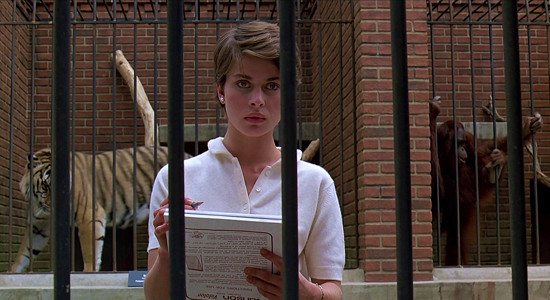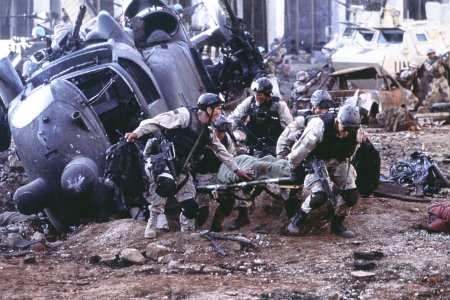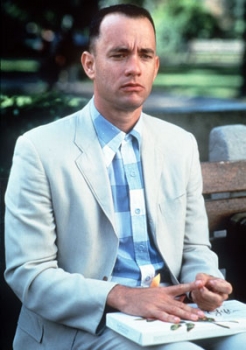The Professionals (1966, Richard Brooks)

Somewhat of a minor classic of the western genre, the first half of the film shines, but once our four protagonists; Lee Marvin, Burt Lancaster, Robert Ryan, and Woody Strode, reach their goal, the film goes down hill. The plot is very simple with the four men for hire going on a mission to rescue a millionaire's "kidnapped" wife (Claudia Cardinale) from a Mexican revolutionary (Jack Palance). I don't usually mind these star ensembles, but this one felt like a bit of a wash with several of the actors having nothing to do. Woody Strode, a western regular during the 60's, has nothing to do once Cardinale is rescue. Aside from a few grimances at the camera and shots of him running around he does nothing, not even getting as much as a full line of dialogue in. Robert Ryan is also wasted as he takes second seat to Marvin and Lancaster who play themselves. Of course Marvin and Lancaster are more screen personalities and presences than full fledged thespians, and God bless them for that, but they need good stories. This ensemble is promising with a nice setup, but it quickly falls to pieces.
Cardinale's character could have been interesting, but she lines seem poorly written. The only good scene she has is when attempting to seduce Lancaster in an effort to sneak his gun away ala Joanne Dru in Red River. Even this is a western archetype. Cardinale is much more interesting and dynamic in Once Upon a Time in the West which came out several years later. Also I noticed a similarity between the themes in this film and The Wild Bunch, with of course the later being a brilliant piece of filmmaking and storytelling. Both films have a nice ensemble of men going on a mission to Mexico toward the end of the western time period who are outgrowing their usefulness becoming anachronisms of their time. Where The Wild Bunch succeeds in being deep and meaningful, not to mention bloody violent, this film comes off as a half-hearted buddy film between Marvin and Lancaster with Marvin playing the straight-man and Lancaster filling in for the goof, even if he is a deadly goof. The film's conclusion feels tacked on and I get a vibe from it that there must've been a last minute rewrite. Even Jack Palance as the sympathetic heavy has little to do except brandish a mustache and his best Mexican accent. Oh and the cliche' bit where Marvin dresses up as a Mexican doning a sombrero and poncho feels like it belongs in another film entirely.
Grade: C

Somewhat of a minor classic of the western genre, the first half of the film shines, but once our four protagonists; Lee Marvin, Burt Lancaster, Robert Ryan, and Woody Strode, reach their goal, the film goes down hill. The plot is very simple with the four men for hire going on a mission to rescue a millionaire's "kidnapped" wife (Claudia Cardinale) from a Mexican revolutionary (Jack Palance). I don't usually mind these star ensembles, but this one felt like a bit of a wash with several of the actors having nothing to do. Woody Strode, a western regular during the 60's, has nothing to do once Cardinale is rescue. Aside from a few grimances at the camera and shots of him running around he does nothing, not even getting as much as a full line of dialogue in. Robert Ryan is also wasted as he takes second seat to Marvin and Lancaster who play themselves. Of course Marvin and Lancaster are more screen personalities and presences than full fledged thespians, and God bless them for that, but they need good stories. This ensemble is promising with a nice setup, but it quickly falls to pieces.
Cardinale's character could have been interesting, but she lines seem poorly written. The only good scene she has is when attempting to seduce Lancaster in an effort to sneak his gun away ala Joanne Dru in Red River. Even this is a western archetype. Cardinale is much more interesting and dynamic in Once Upon a Time in the West which came out several years later. Also I noticed a similarity between the themes in this film and The Wild Bunch, with of course the later being a brilliant piece of filmmaking and storytelling. Both films have a nice ensemble of men going on a mission to Mexico toward the end of the western time period who are outgrowing their usefulness becoming anachronisms of their time. Where The Wild Bunch succeeds in being deep and meaningful, not to mention bloody violent, this film comes off as a half-hearted buddy film between Marvin and Lancaster with Marvin playing the straight-man and Lancaster filling in for the goof, even if he is a deadly goof. The film's conclusion feels tacked on and I get a vibe from it that there must've been a last minute rewrite. Even Jack Palance as the sympathetic heavy has little to do except brandish a mustache and his best Mexican accent. Oh and the cliche' bit where Marvin dresses up as a Mexican doning a sombrero and poncho feels like it belongs in another film entirely.
Grade: C
__________________
"A candy colored clown!"
Member since Fall 2002
Top 100 Films, clicky below
http://www.movieforums.com/community...ad.php?t=26201
"A candy colored clown!"
Member since Fall 2002
Top 100 Films, clicky below
http://www.movieforums.com/community...ad.php?t=26201


 But keep in mind that almost everything I'm saying is already presupposing that your description of it is accurate. I'm mostly disagreeing with you conceptually, and not factually.
But keep in mind that almost everything I'm saying is already presupposing that your description of it is accurate. I'm mostly disagreeing with you conceptually, and not factually.

 Thanks for them
Thanks for them 
 I
I  this movie
this movie 


